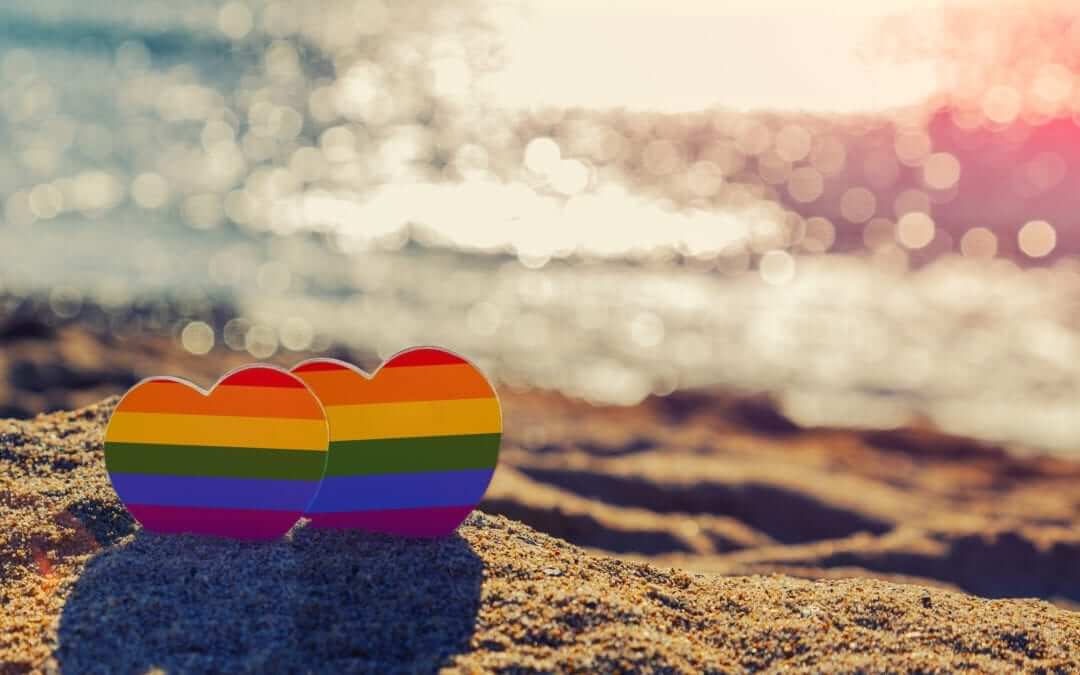


Same-Sex Divorce: What Do I Do Now?



After the Supreme Court legalized same-sex marriage in 2015, many LGBTQ+ individuals were finally able to envision a future with their partners that was protected both legally and socially. LGBTQ+ advocates celebrated this landmark decision, and same-sex individuals began getting married at higher rates than ever before. But many of these same couples have now, in 2020, been forced to reconcile their vision for a long, married life with the harsh reality of what a failed marriage entails, including separation and divorce.
For individuals who may have marched and protested for the fundamental right to marry their same-sex partners, getting a divorce can bring about feelings of intense shame, pain, and loss for the life and future that they feel they were entitled to. Divorce may feel like a betrayal to one’s family, children, even one’s entire community. And with same-sex marriage being such a relatively new occurrence, it can feel particularly alienating and lonely for individuals who have more questions than answers relating to their divorce. Of course, no one who gets married expects their marriage to end in divorce, but for many same-sex couples this feeling is elevated by the fact that they may have waited many years for the ability to get married.
Just because same-sex marriage is legal does not mean that many family lawyers are equipped to handle the unique concerns of a same-sex couple. In fact, many individuals maneuvering the legal system must interact with people who have little to no understanding of their needs or culture, and in some instances may face discrimination for their sexual orientation.
While the legalization of same-sex marriage provided clearer definitions of the specific benefits and rights afforded to married LGBTQ+ couples, divorce is a different issue entirely. The dissolution of a marriage is incredibly complex, and raises issues such as child support, spousal support, child custody, and property division. These issues are often gendered and have traditionally been viewed through a heterosexual lens, ignoring the intricacies and realities of same-sex couples’ lives. I have seen many LGBTQ+ clients experiencing divorce express immense relief when they are finally able to connect with and interact with attorneys who understand their situations and ask the right questions. Awareness and visibility are important, and the feeling of being recognized with the proper pronouns, language, and respect cannot be understated.
If you or a loved one is experiencing a separation or divorce from a same-sex partner, here are some important things to remember:
1. Do not fault yourself for experiencing feelings of shame, distress, hurt and sadness – these feelings are normal and temporary.
2. While divorce will almost always involve some degree of pain and heartbreak, it will also bring with it wisdom, clarity, and the opportunity for a brighter future.
3. Do not hesitate to find family lawyers in your area who may have greater knowledge of LGBTQ+ issues. Use the internet and research attorneys who explicitly acknowledge the specific challenges and concerns facing same-sex partners who are experiencing divorce.
As we enter Pride Month and begin to celebrate the lives lost and the sacrifices made in support of equality for LGBTQ+ individuals, it must become a priority to support and uplift the voices and concerns of individuals who may be experiencing the dissolution of their families. It becomes a responsibility, as both legal professionals and as human beings, to stay educated about life experiences different than our own and lift up the voices of LGBTQ+ families who may be experiencing difficulties navigating a system that was not designed for them.











